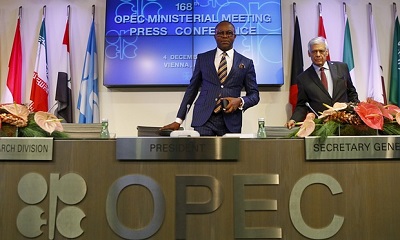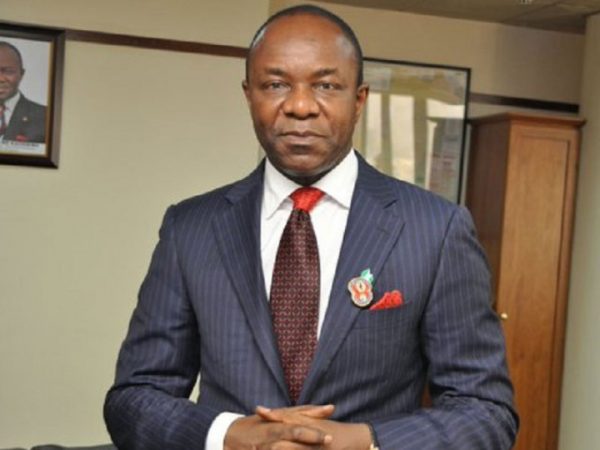EFCC Probes Exxon Mobil Deal
 A major oil deal struck by Exxon Mobil with the Nigerian Government is being investigated by the Economic and Financial Crimes Commission, a law enforcement agency that investigates high-level corruption, Global Witness revealed last week Friday.
A major oil deal struck by Exxon Mobil with the Nigerian Government is being investigated by the Economic and Financial Crimes Commission, a law enforcement agency that investigates high-level corruption, Global Witness revealed last week Friday.
The case highlights the need for the U.S. Securities and Exchange Commission (SEC) to create strong transparency rules for oil companies, which are due for release by this Monday, June 27th.
The probe centers on a protracted and controversial deal agreed by Exxon Mobil and the Nigerian Government in 2009 to renew three lucrative oil licences, which at the time accounted for around a quarter of Nigeria’s entire oil production.
Exxon Mobil reportedly agreed to pay $600 million to renew the licences and construct a power plant at a cost of $900 million to the company, making a total contribution of $1.5 billion. Yet documents seen by Global Witness indicate the Nigerian Government may have valued the licenses at $2.55 billion, and that the Chinese oil major CNOOC offered to pay $3.75 billion for the same licences – over six times the amount reportedly paid by Exxon Mobil.
“We welcome the investigation. We need answers as to why the former President Yar’Adua’s Government awarded the licences to Exxon at a seemingly knock-down rate, despite being offered what appears to be a far superior deal from a credible competitor,” said Dominic Eagleton, a senior campaigner with Global Witness.
The new SEC rules will require U.S.-listed oil, gas and mining companies to disclose details of the hundreds of billions of dollars they pay to governments every year, such as taxes, royalties and licence fees, wherever they operate in the world. Currently there is very little transparency for oil and mineral companies’ payments to governments, which leaves these vast public revenues vulnerable to corruption. In Nigeria alone, an estimated $400 billion in oil revenues has been lost to corruption and mismanagement since 1960.
The U.S. rules aim to deter corruption and cut poverty by enabling citizens to monitor payments and hold both governments and companies to account for how the money is used. Yet ExxonMobil has been lobbying U.S. policymakers to prevent the new rules from shedding light on precisely the kind of deal it carried out in Nigeria that is now being investigated by anti-corruption enforcers.
“This shows precisely why U.S. policymakers should reject Exxon’s call to water down the transparency rules and allow companies to hide payments made on individual oil deals, such as Exxon’s licence renewal in Nigeria. This would defeat the purpose of the rules. It would prevent citizens from holding governments and companies to account, and rob the world of one of our best chances of cutting the poverty that plagues so many resource-rich countries like Nigeria,” Eagleton continued.
Media reports state that Rilwanu Lukman, Nigeria’s senior-most Oil Minister at the time of Exxon’s deal, refused to endorse the agreement, stating that in his opinion the $600 million renewal fee was too low and would deprive Nigeria of the full benefits the licences. The difference between Exxon’s reported renewal fee and CNOOC’s counter-offer of $3.75 billion is more than Nigeria’s entire health and education budget combined.
“The EU, Canada and Norway have all introduced laws that require oil companies to disclose payments separately from each project. It’s in the interests of citizens, governments and industry alike for the U.S. to follow suit and join the new global reporting standard,” Eagleton added.
Global Witness approached Exxon Mobil with a request for comment on the Nigerian deal. The company stated that following extensive discussions with the Nigerian Government to renew the licences an agreement was reached and legally executed, and that in reaching the agreement Exxon Mobil fully complied with Nigerian law. Exxon Mobil also stated that its investments have generated significant income for Nigeria and promoted economic and social development in the country.







